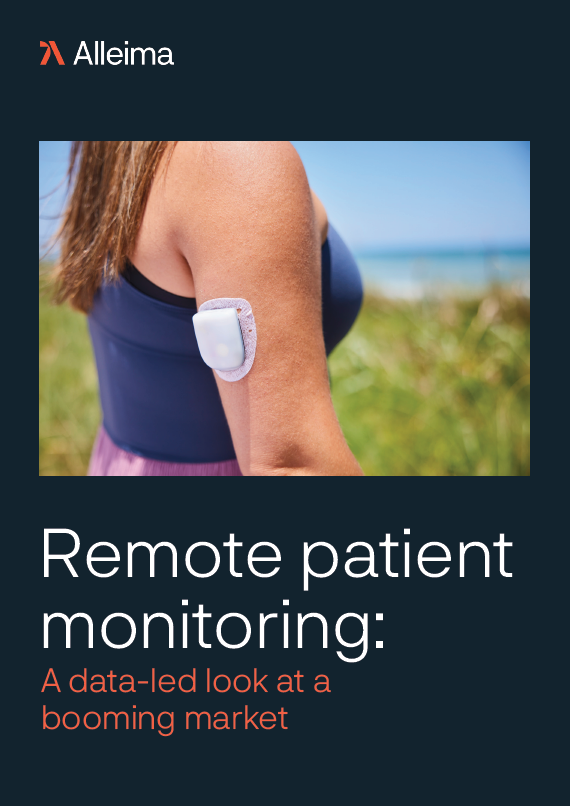
Medical diagnostic company Know Labs is aiming to release the world’s first commercially available non-invasive glucose monitor with the launch of its Generation (Gen) 1 device.
The device houses the company’s Bio-RFID technology, which was shown to consistently and accurately measure glucose levels non-invasively in a feasibility study conducted by the Washington, US-based company across late 2022 and early 2023.

US Tariffs are shifting - will you react or anticipate?
Don’t let policy changes catch you off guard. Stay proactive with real-time data and expert analysis.
By GlobalDataIn a device landscape that is bare of any commercially available non-invasive glucose monitors, Know Lab’s device houses technology that can measure blood sugar levels by sending radio waves through the skin to capture molecular signatures. Algorithms then take the readings and transform them into glucose-level information. In late May, the company tweaked the algorithm – adding a light gradient boosting machine learning model – which further improved the accuracy of the sensor.
The portable nature of the prototype device means Know Labs can continue with data collection in clinical research studies to further finetune the algorithms. The company aims to test across more diverse participant populations and settings and says that, for 2023, it is focused on external validation of the technology.
The device will connect to a smartphone app to display parameters and information. A continually wearable wristband that houses the technology is on the horizon from the company too.
Currently, a popular method of managing blood sugar levels by diabetic patients is by continuous glucose monitoring devices. The market for these devices is expected to reach $1.6bn by 2030 according to GlobalData, with the sensor technology expected to reach $5bn by the same year. Non-invasive monitoring devices will represent a new frontier of on-demand glucose monitoring that forgoes the use of any needles or invasive transmitters.
Currently, there are no medical-grade, commercially available, non-invasive devices capable of measuring blood glucose. Other devices attempting to cross the regulatory finish line first are Afon’s Blood Glucose Sensor and the secretive sensing technology from Apple being implemented into its watches.
“As we deploy Gen 1 into this next research phase, our focus is on high-quality data collection, refining our algorithms based on this new data, and understanding all the scenarios in which our glucose monitoring device may be used,” said Steve Kent, Know Labs’ chief product officer.





